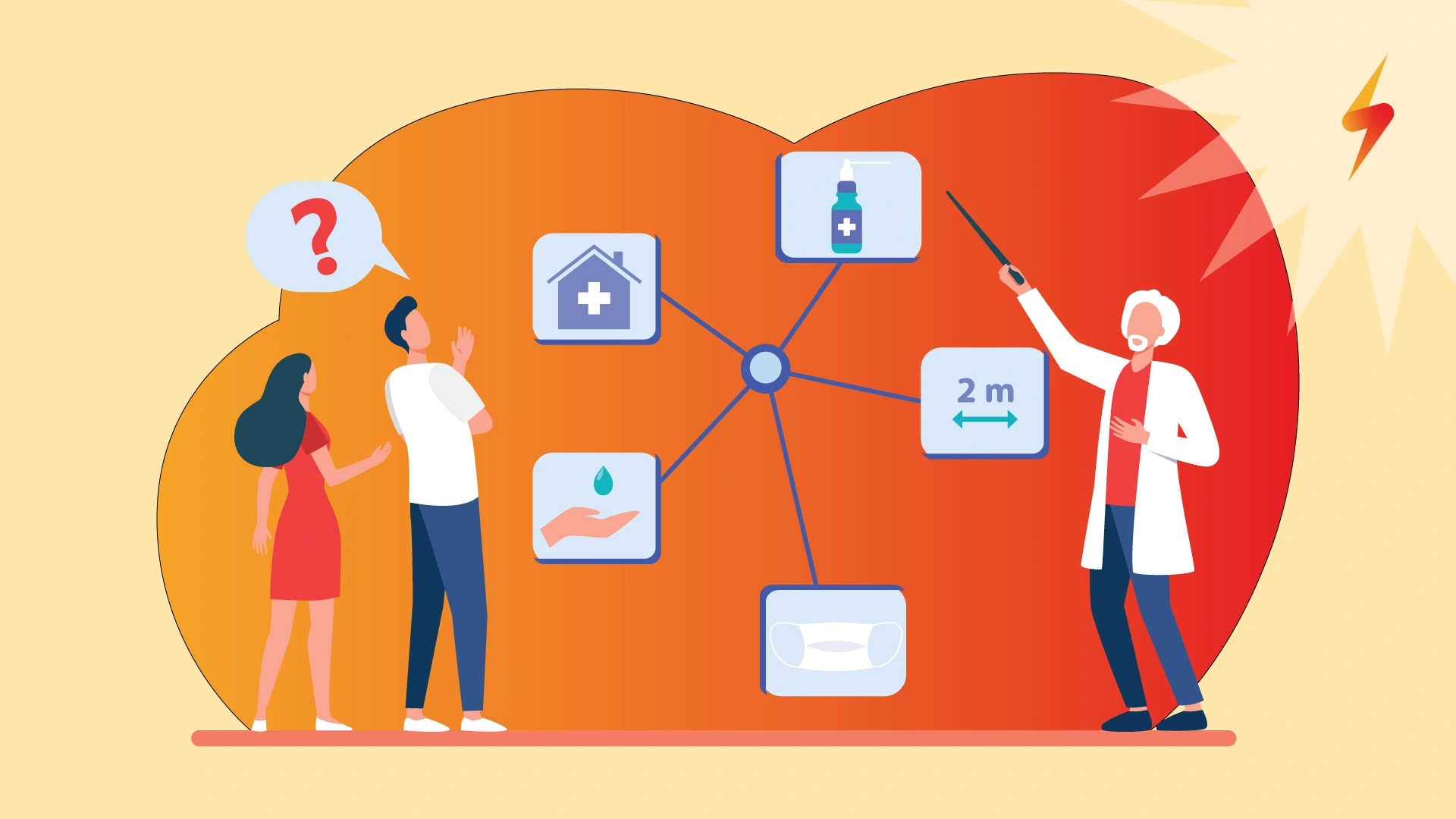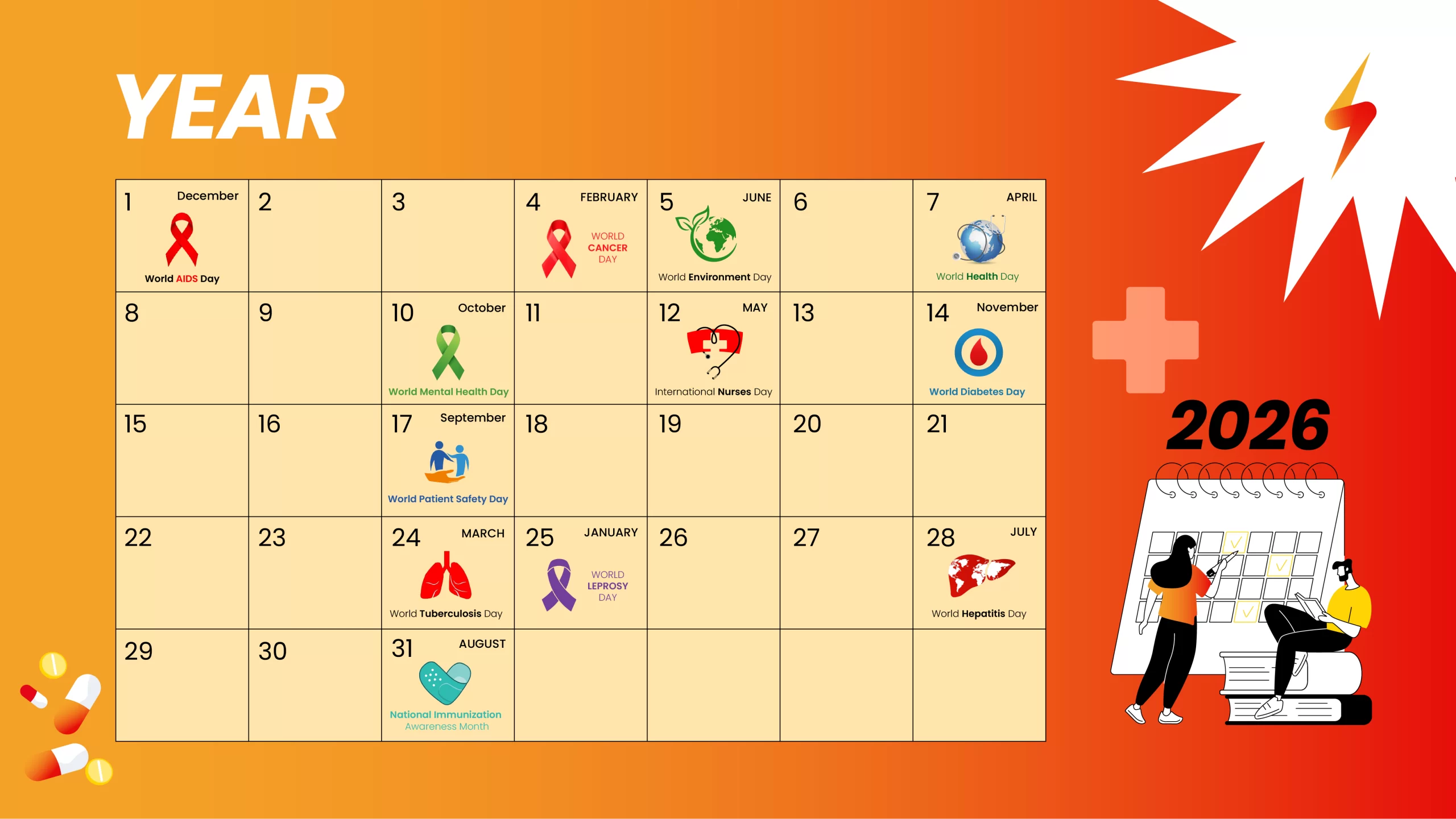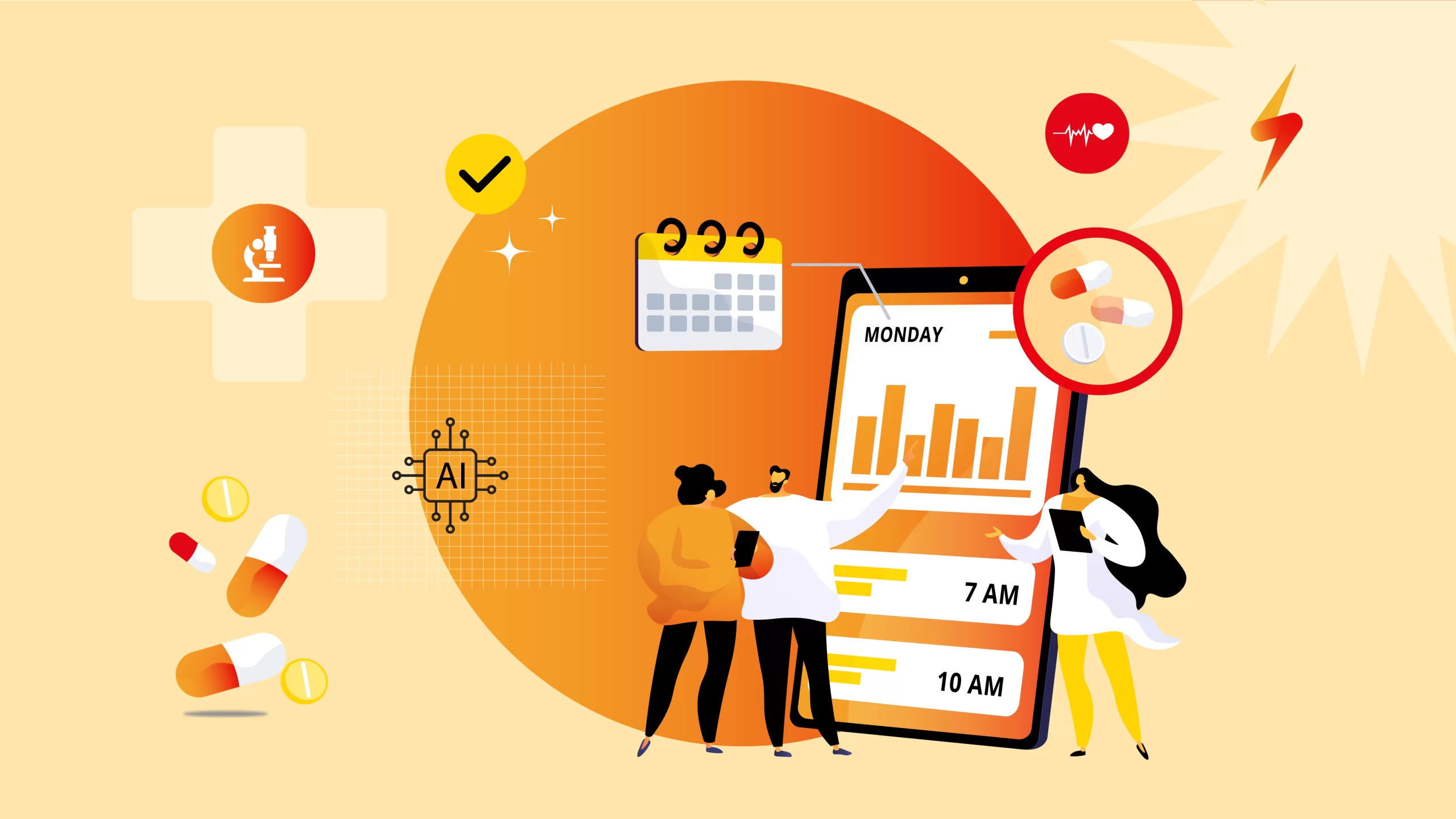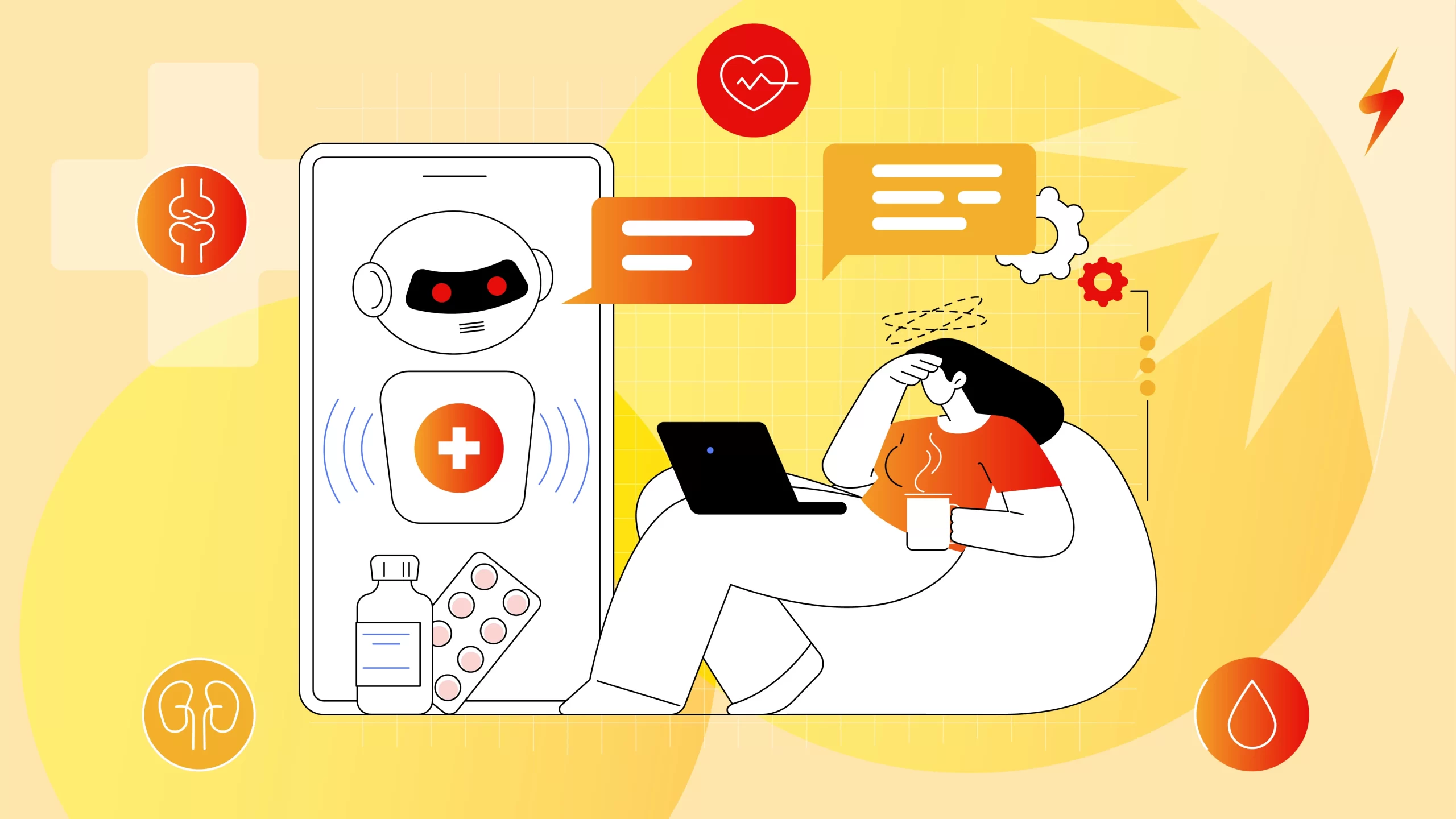In the world of healthcare marketing, the most enduring brands aren’t built solely on superior formulations or distinct marketing strategies—they’re built on trust, empathy, and understanding. Gone are the days when just a glossy ad or a catchy tagline could do the trick for the brand to stick. Patients today are smarter, more connected, and demand more information before making a purchase decision. They want to understand the science behind the pills, the lifestyle changes that amplify its effects, and the resources available to guide them on their journey. They Google symptoms, read reviews, and compare treatment options before stepping into the Doctor’s clinic. This shift in behavior has created an opportunity for healthcare marketing agencies to establish pharma brands—not just as providers of products, but as providers of knowledge— empowering patients.
Today’s patients are not passive recipients of care; they are active participants. This is where a healthcare marketing agency plays a pivotal role—bridging the gap between complex medical jargons and simple, meaningful information that resonates with patients.
Let’s take a real-life example in Diabetes care, for instance. Brands that go beyond selling insulin to offering digital tools like diet trackers or educational webinars see significantly higher patient retention. These are not just marketing gimmicks—they’re investments in patient knowledge—a long-term strategy for healthcare advertising success.
Healthcare brands employ a variety of platforms and mediums to educate patients.
Here are some of the most effective ones:
- Health Information Websites: Comprehensive websites with articles, videos, and infographics on various health topics
Mobile Apps: User-friendly apps offering symptom checkers, medication reminders, health trackers and lifestyle tips - Health-Based Games: Engaging games can motivate patients to adopt healthy habits and track their progress
- Social Media Platforms: Platforms like Facebook, Twitter, Instagram, LinkedIn can be used to share health tips, answer questions, and promote healthy lifestyles.
- Patient Education Literatures: These provide concise information on specific diseases or treatments.
Patient Portals: These personalized platforms provide access to health records, appointment scheduling, and educational materials. - Educational Workshops/ Health Camps: Partnering with doctors and paramedic staff can help disseminate health information to patients
At Synapse, our approach to healthcare digital marketing is rooted in creating value beyond the pill. We don’t just market a product, we help you advance the therapy and build a legacy. Let’s redefine what it means to connect with patients—Let’s make your brand the guide every patient deserves, because when they win, your brand does too!





